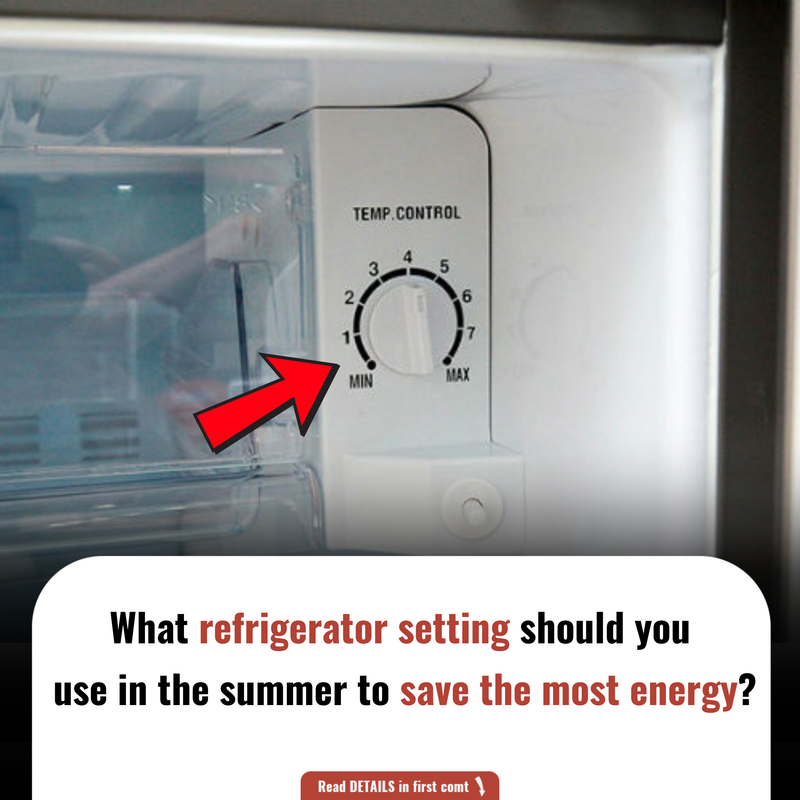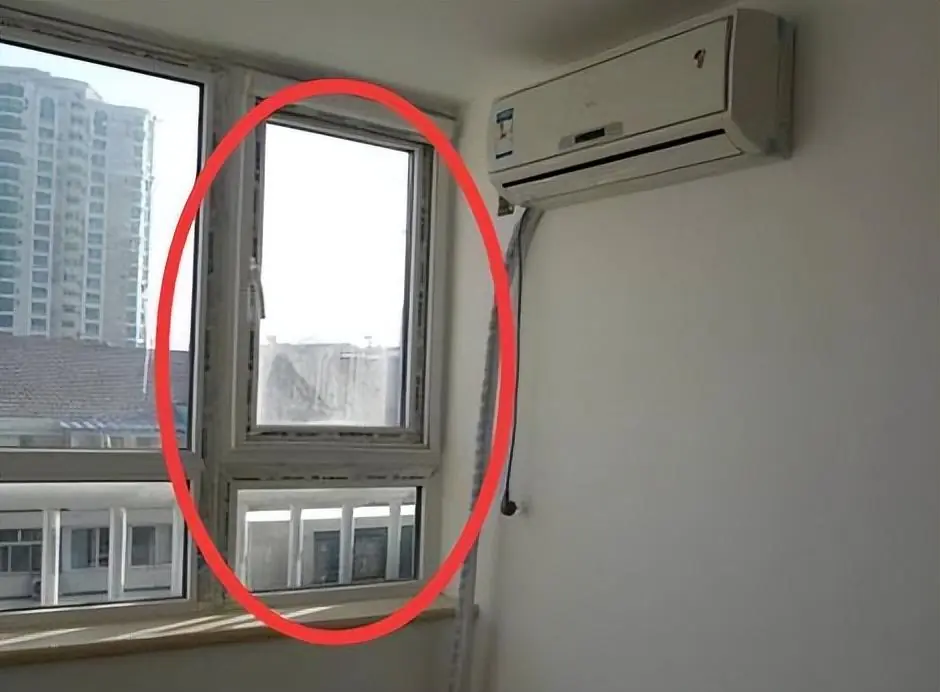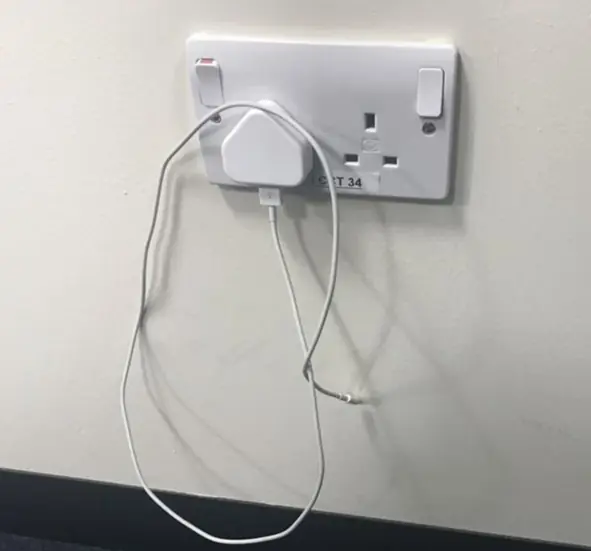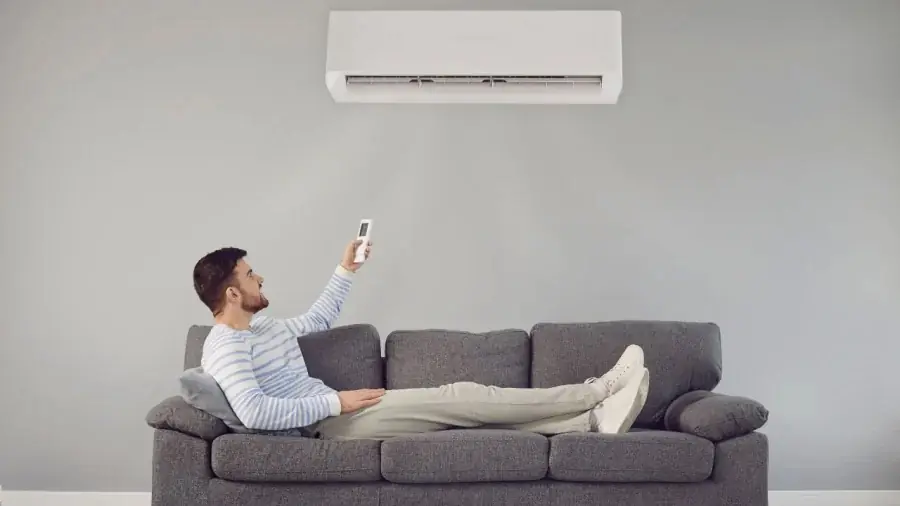As summer temperatures rise, so does the demand on household appliances, particularly refrigerators. To ensure optimal performance and energy efficiency during these warmer months, it's essential to adjust your refrigerator's settings appropriately.

1. Ideal Temperature Settings:
-
Refrigerator Compartment: Set the temperature between 3°C and 5°C (37°F to 41°F). This range ensures food safety while preventing unnecessary energy consumption.
-
Freezer Compartment: Maintain a temperature between -15°C and -18°C (5°F to 0°F). This setting preserves frozen foods effectively without overworking the appliance.
2. Utilize Energy Saver Mode:
Many modern refrigerators come equipped with an "Energy Saver" mode. Activating this feature allows the appliance to adjust its cooling cycles based on internal and external temperatures, leading to reduced energy usage.
3. Proper Placement of the Refrigerator:
Position your refrigerator in a well-ventilated area, away from direct sunlight and heat sources like stoves or ovens. Ensure there's a gap of at least 5 to 10 cm between the appliance and surrounding walls to facilitate proper airflow and cooling efficiency.
4. Minimize Frequent Door Openings:
Each time the refrigerator door is opened, cold air escapes, and the appliance must work harder to restore the desired temperature. Limit the frequency and duration of door openings to conserve energy.
5. Turn Off Automatic Ice Makers When Not Needed:
If your refrigerator has an automatic ice maker, consider turning it off during periods of low usage. This feature consumes additional energy, and turning it off can lead to noticeable savings.
6. Store Food Properly:
-
Cool Hot Foods Before Refrigerating: Placing hot foods directly into the refrigerator raises its internal temperature, causing it to consume more energy to cool down. Allow foods to cool to room temperature before storing them.
-
Use Appropriate Containers: Glass or ceramic containers retain cold temperatures better than plastic ones, reducing the workload on the refrigerator.
-
Cover Foods: Always cover foods to prevent moisture buildup, which can strain the appliance's cooling system.
7. Regular Maintenance:
Perform routine maintenance to keep your refrigerator running efficiently:
-
Clean Condenser Coils: Dust and debris can accumulate on condenser coils, hindering heat dissipation. Clean them every six months to maintain optimal performance.
-
Check Door Seals: Ensure that door seals are intact. A simple test involves closing a dollar bill in the door; if it slides out easily, the seal may need replacing.
-
Defrost Regularly: If your refrigerator doesn't have an automatic defrost feature, manually defrost it when ice buildup exceeds a quarter-inch to maintain efficiency.
Conclusion:
By implementing these adjustments and maintenance practices, you can enhance your refrigerator's energy efficiency during the summer months, leading to reduced electricity bills and prolonged appliance lifespan.

































